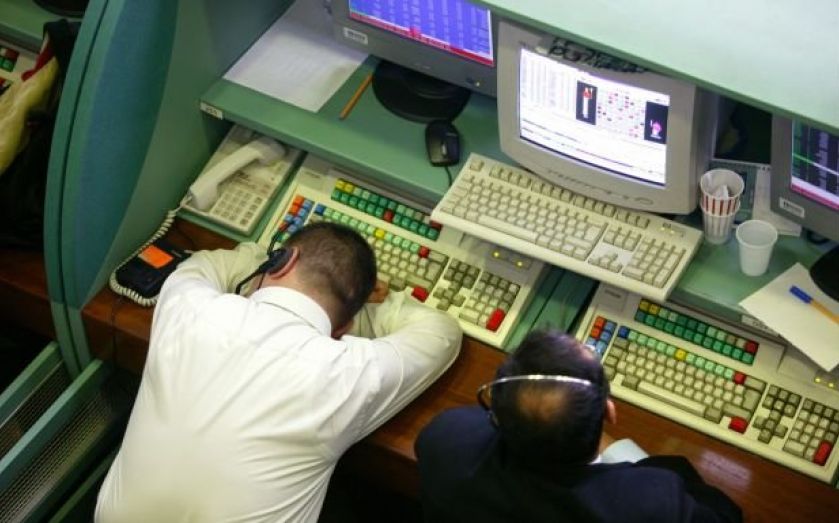| Updated:
Feeling groggy? You could be suffering from “sleep drunkenness”

Late nights, early mornings, and little sleep in between – a trio of events City workers are well-acquainted with.
But a sleepless night hits some harder than others, and if you ever wake up not knowing where you are, have trouble talking, or feel irrational anger towards others, then you may in fact be drunk – even if you haven't touched a drink.
Sleep drunkenness is a disorder which lasts for around 15 minutes after waking up, with symptoms including disorientation, forgetfulness, and even violent behaviour under extreme circumstances.
But don't get confused – this is not the normal tiredness we all experience from time to time. According to a recent study published in the journal Neurobiology, one in seven of us is a sufferer of sleep drunkenness.
The first two stages of a sleep cycle involve light sleep, where you can be woken easily and won't feel disorientated if we are. Then comes deep sleep, followed by the rapid eye movement (REM) stage – where the eyes move back and forth and you are likely to dream.
If you are woken up during deep sleep or REM, your brain contains a large amount of the chemical adenosine – a neurotransmitter which travels from one brain cell to another and promotes sleep by suppressing arousal. It is this high level of adenosine that gives rise to sleep drunkenness if we are woken before the sleep cycle is over.
Little is known about how to deal with the disorder, but Braincraft – a YouTube channel giving short lessons in the science of the brain – suggests getting a strong dose of caffeine as the best cure.
Caffeine, it explains, works as an antidote to the adenosine build up in our brains by speeding up the rate at which nerve cells communicate with each other.